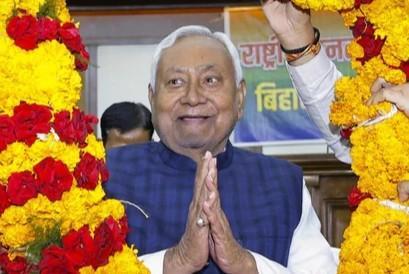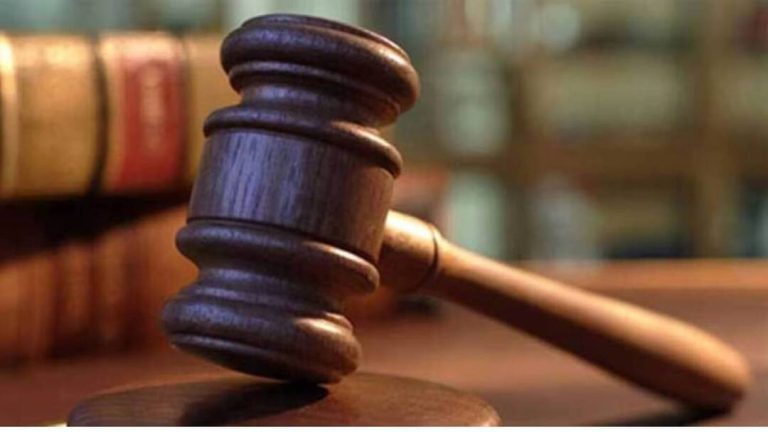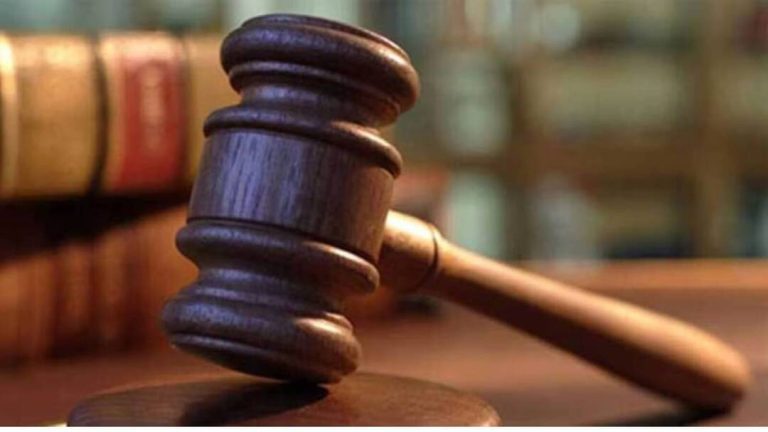
Why Nitish Kumar’s 1st tenure as CM lasted only 7 days?
In the complex and often tumultuous world of Indian politics, few stories are as intriguing as the brief, seven-day tenure of Nitish Kumar as the Chief Minister of Bihar in the year 2000. This period, marked by political upheaval and the jostling for power, culminated in a government that was as short-lived as it was dramatic. To understand the reasons behind this fleeting stint, it’s essential to delve into the political landscape of Bihar at the time and the circumstances that led to Nitish Kumar’s premature exit from office.
Nitish Kumar, a figure who would later become synonymous with the development and stability of Bihar, was first sworn in as the Chief Minister of the state on March 3, 2000. His ascension to the top post was facilitated by the support of the National Democratic Alliance (NDA) and allied MLAs. However, this development was not without its challenges and controversies. The Rashtriya Janata Dal (RJD), led by Lalu Prasad Yadav, was the other major player in the political equation, and despite not having a clear majority, it was numerically ahead of Nitish Kumar’s faction.
The genesis of the crisis lay in the outcome of the state assembly elections, which resulted in a hung assembly. Neither the RJD nor the NDA had the requisite numbers to form a government on their own, leading to a scramble for support from smaller parties and independent MLAs. In such a scenario, the role of the Governor becomes crucial, as he is tasked with the responsibility of inviting a party or coalition to form the government.
In this context, the then Governor of Bihar invited Nitish Kumar to form the government, despite the fact that his alliance did not command a clear majority in the assembly. This decision was based on the premise that Nitish Kumar was in a position to muster the required support from other MLAs and parties, thereby ensuring a stable government.
However, the RJD, which was the single largest party in the assembly, protested this decision vehemently. Lalu Prasad Yadav, the leader of the RJD, argued that his party, being the largest, had the first right to form the government. The RJD’s contention was that the Governor’s decision to invite Nitish Kumar to form the government was unfair and contrary to established parliamentary norms.
As the political standoff continued, it became increasingly clear that neither side had the numbers to form a stable government. The NDA, led by Nitish Kumar, and the RJD, led by Lalu Prasad Yadav, were engaged in a fierce battle for support from independent MLAs and smaller parties. However, despite their best efforts, neither coalition was able to muster the required majority.
The inevitable consequence of this political impasse was the collapse of Nitish Kumar’s government. On March 11, 2000, just seven days after he was sworn in, Nitish Kumar resigned as the Chief Minister of Bihar, citing his inability to prove his majority in the assembly. This development marked the end of a brief and tumultuous chapter in Bihar’s political history, one that was marked by political intrigue, backroom maneuvering, and a fierce struggle for power.
The collapse of Nitish Kumar’s government in 2000 had significant implications for the politics of Bihar. It led to a period of political instability, marked by frequent changes in government and a lack of clear direction. However, it also marked an important turning point in Nitish Kumar’s career, as he learned valuable lessons from his brief stint as Chief Minister and went on to become one of the most successful and enduring leaders in Bihar’s history.
In conclusion, the story of Nitish Kumar’s first tenure as the Chief Minister of Bihar is a fascinating one, marked by political intrigue, drama, and a fierce struggle for power. The circumstances that led to his brief stint in office and his subsequent resignation are a testament to the complexities and challenges of Indian politics. As we look back on this episode, it is clear that it was an important milestone in Nitish Kumar’s journey as a politician and a leader, one that ultimately paved the way for his future successes.





